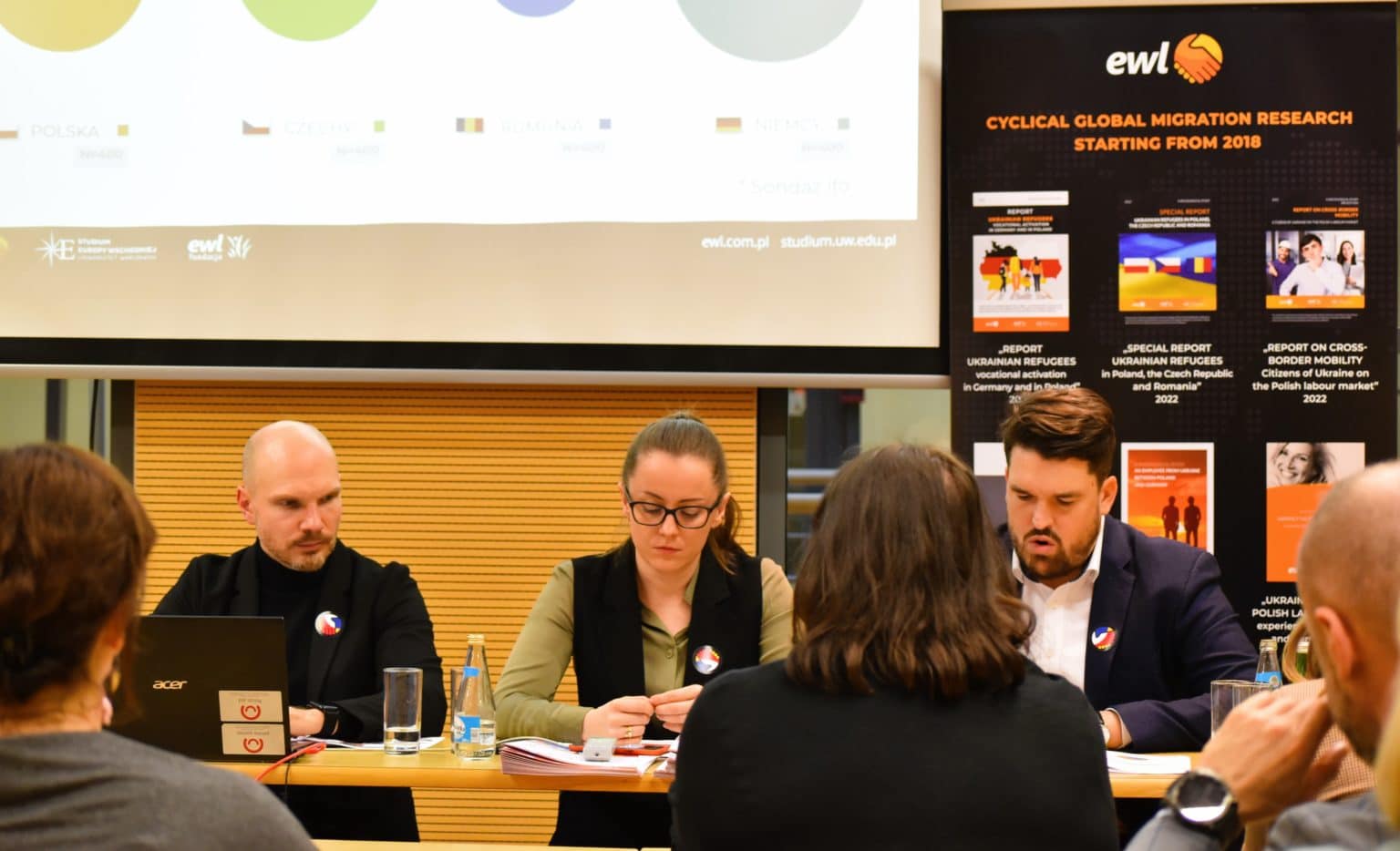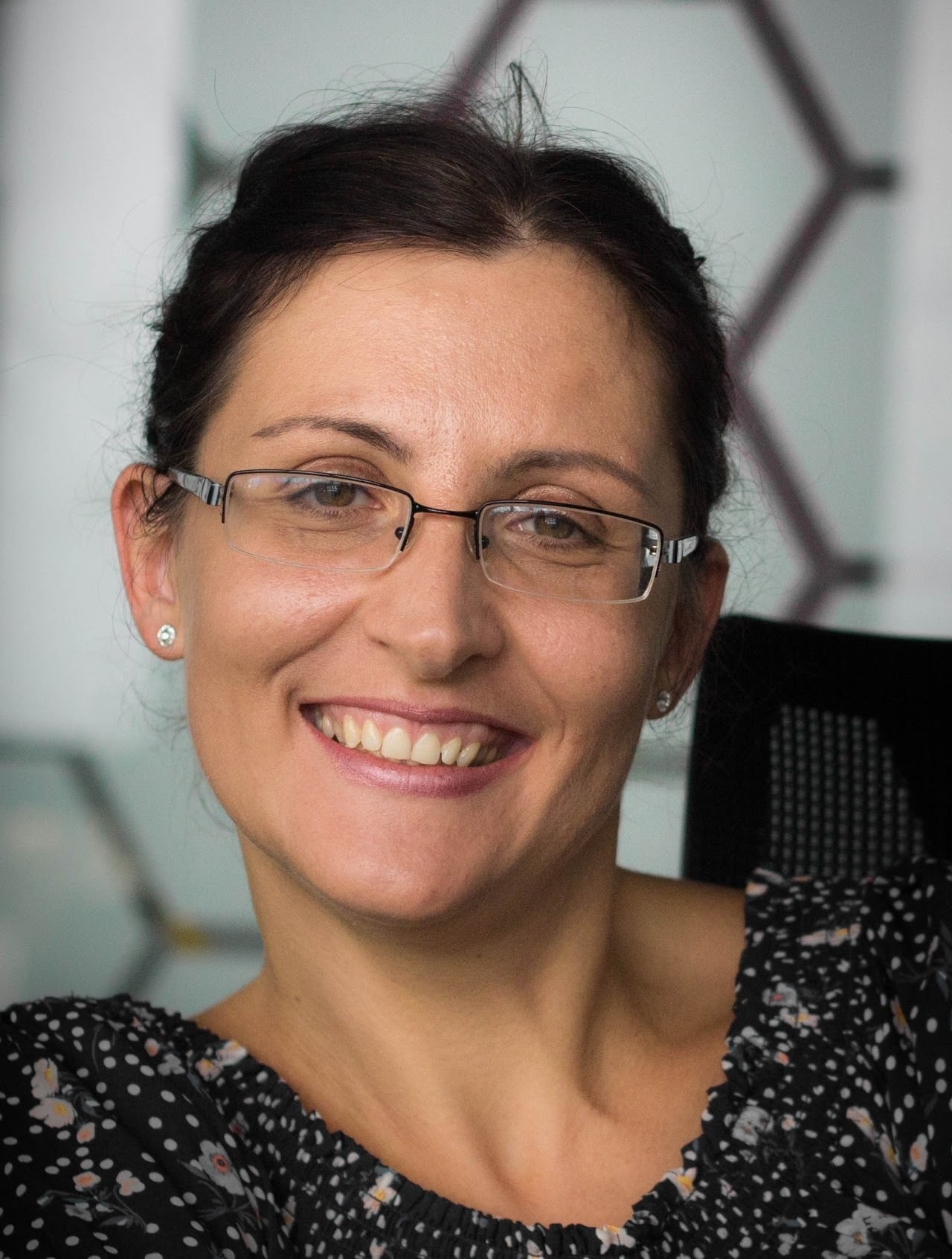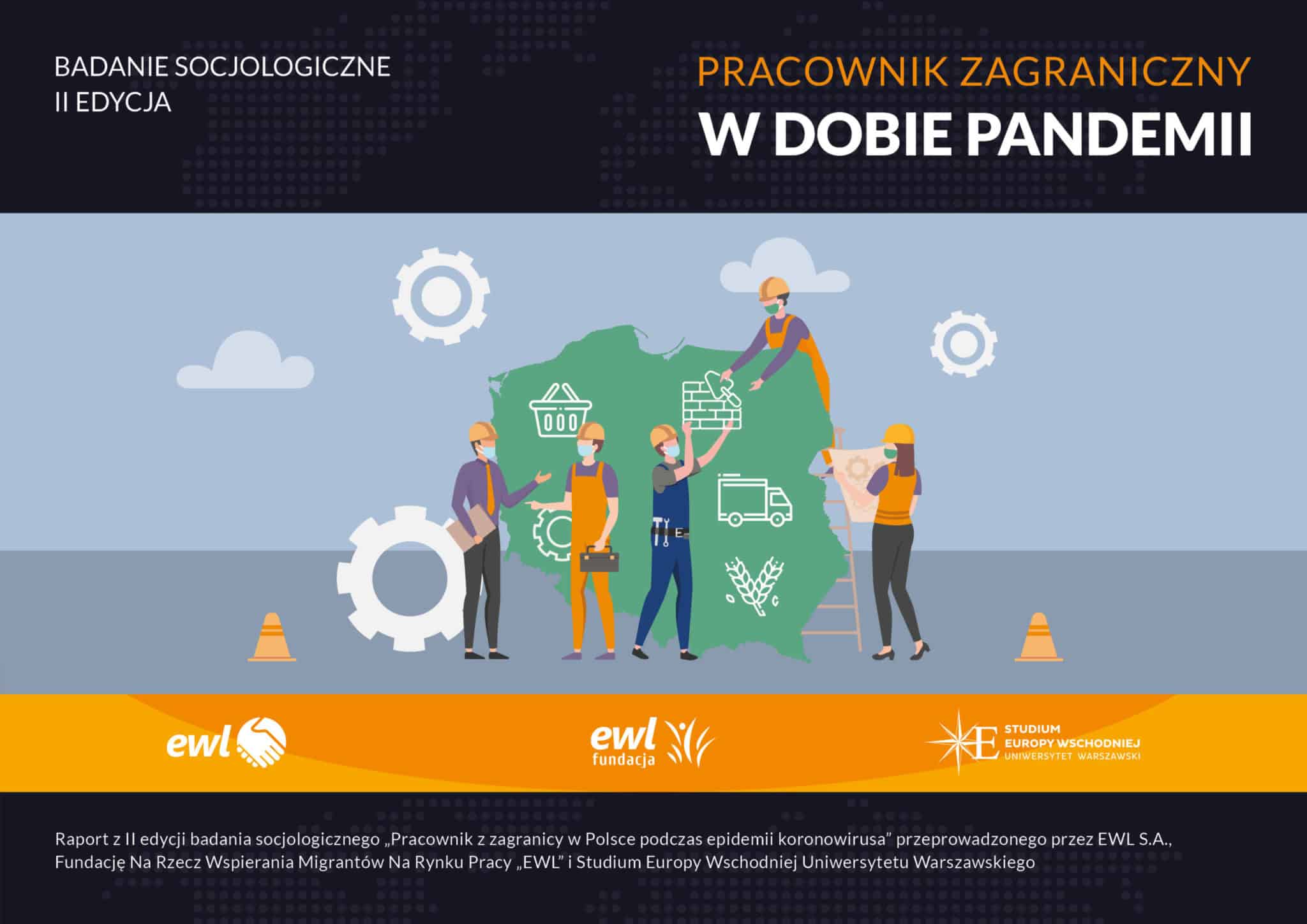On Monday, 20 February, the University of Warsaw hosted a presentation of the report “War Refugees from Ukraine. A Year in Poland”, conducted on behalf of the Chancellery of the Prime Minister by the EWL Migration Platform and the Centre for East European Studies at the University of Warsaw.
The report presents the plight and needs of the refugees who found themselves in Poland after 24 February 2022 one year after the outbreak of the war in Ukraine, which left a strong mark on the socio-economic situation of European countries, also due to the unique scale of migration in world history.
‘A year has passed since the outbreak of war. This is the moment to summarize all of the aid efforts that have been made so far and to answer the question – did we pass the test of helping Ukrainian refugees? To this end, we surveyed 400 adult refugees who arrived in Poland after 24 February 2022. The added value of this particular survey is that the interviews were conducted in 34 locations in different regions of Poland,’
said Anatoliy Zymnin, Spokesperson of the EWL Migration Platform.

According to the survey carried out by the EWL Migration Platform, the Centre for East European Studies at the University of Warsaw and the EWL Foundation, 82% of adult refugees in Poland have taken up employment. It is worth adding that the employment rate among refugees of working age is 84%. Nearly 1/4 of them (27% of the employed) found a job within the first month of their stay in Poland, and 34% of those surveyed (41% of the employed) within 1 to 3 months after arriving in Poland.
‘Such a high level of employment among Ukrainian refugees already in the first months of their stay in Poland testifies not only to their determination to take up work, but also to the openness of Polish entrepreneurs to new employees, as well as to the needs of the market and the economy in Poland,’
said Andrzej Korkus, President of the EWL Migration Platform.

Nearly 90% of the refugees have no doubt that after the end of the war Polish-Ukrainian relations will be better than before its outbreak. This is primarily due to the attitude of brotherhood and solidarity of the entire Polish society with Ukraine shown in the first days of the war, including aid measures on the part of central authorities, local governments, businesses and NGOs. Only 6% believe that the relations between Poland and Ukraine will not change.
‘The results of our survey are encouraging. Although the situation was very difficult, as a society we passed the test of helping in solidarity. All parties involved in supporting our neighbours are important – from the legislature that swiftly introduced the necessary changes to the law, to local governments, businesses, NGOs and the millions of citizens involved,’
emphasized Jan Malicki, Director of the Centre for East European Studies at the University of Warsaw.

The survey of refugees from Ukraine who arrived in Poland after 24 February 2022 and are currently residing in Poland was carried out by means of online CAWI surveys and CATI telephone interviews. The survey was conducted between February 10-16 2023 on a sample of n=400 adult (18+) refugees from Ukraine. The interviews were conducted in various cities and regions of Poland, including Warsaw, Krakow, Wroclaw, Gdansk, Zielona Gora, Tarnow, Przemysl, Andrychow, Janowiec Lubelski, Sulejow, Wisla and Ustron Morski.













